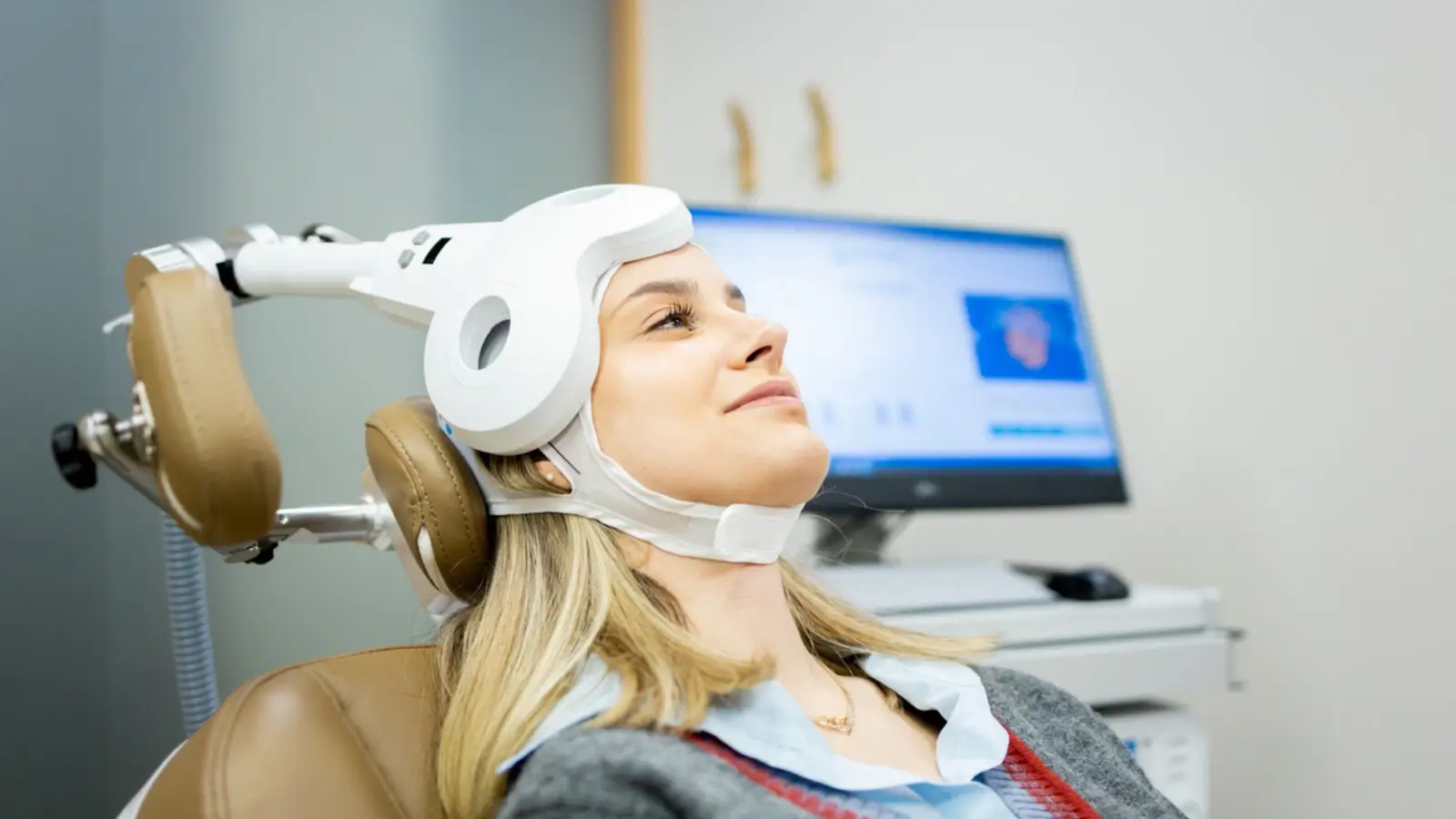


Many patients believe that Transcranial Magnetic Stimulation involves painful electrical shocks or dangerous brain manipulation. However, TMS treatment is a non-invasive procedure with no evidence of being unsafe treatment, and no adverse effects on cognition, including memory impairment, have been identified in clinical studies. The procedure uses magnetic fields similar to those in MRI machines, and most patients experience only mild scalp discomfort during sessions. Touchstone TMS ensures patient comfort throughout the treatment process, with experienced professionals monitoring safety protocols consistently.
A widespread misconception suggests that Interventional Depression Treatments TMS and Spravato are reserved exclusively for the most severe cases. While TMS has shown remarkable success in treatment-resistant depression, it is also effective for different conditions. The therapy demonstrates efficacy across various depression severities and extends to treating anxiety, PTSD, and obsessive-compulsive disorder. Patients who haven't found relief through traditional antidepressants often discover significant improvement through these advanced interventions.
Concerns about Spravato often stem from its relationship to ketamine, leading to misconceptions about its medical legitimacy. Spravato is unique and works by targeting glutamate, which is the most abundant excitatory neurotransmitter in the brain, backed by more than a decade of research and almost six years of real-world evidence. Unlike recreational substances, esketamine undergoes rigorous medical supervision and follows strict clinical protocols. The FDA approval process involved extensive safety evaluations and efficacy studies specifically for treatment-resistant depression.
Skeptics often question the effectiveness of these innovative therapies, assuming traditional treatments remain superior. Clinical data reveals impressive outcomes, with patients exhibiting remarkable outcomes: an 85% response rate and a 46% remission rate. These statistics significantly exceed typical antidepressant response rates, particularly for treatment-resistant cases. Touchstone TMS maintains comprehensive outcome tracking, demonstrating consistent therapeutic benefits across diverse patient populations.
Traditional antidepressants require weeks or months to show effects, leading some to assume all treatments follow similar timelines. Esketamine provides fast relief for treatment-resistant depression, working within hours, and the FDA approved Spravato in part due to its speed in halting severe depressive symptoms, namely suicidal thoughts. This rapid onset makes it particularly valuable for patients experiencing acute symptoms or those who haven't responded to conventional therapies.
Patients frequently worry about long-term cognitive consequences from these treatments. No adverse effects on cognition, including memory impairment, have been identified to date in studies using Transcranial Magnetic Stimulation. Research indicates that both TMS and Spravato may actually improve cognitive function by addressing underlying depression symptoms. Studies show that people with depression have up to 20% shrinkage of the hippocampus, but esketamine may counteract the harmful effects of depression.
These evidence-based treatments represent significant advances in psychiatric care, offering hope for patients who haven't found relief through traditional approaches.